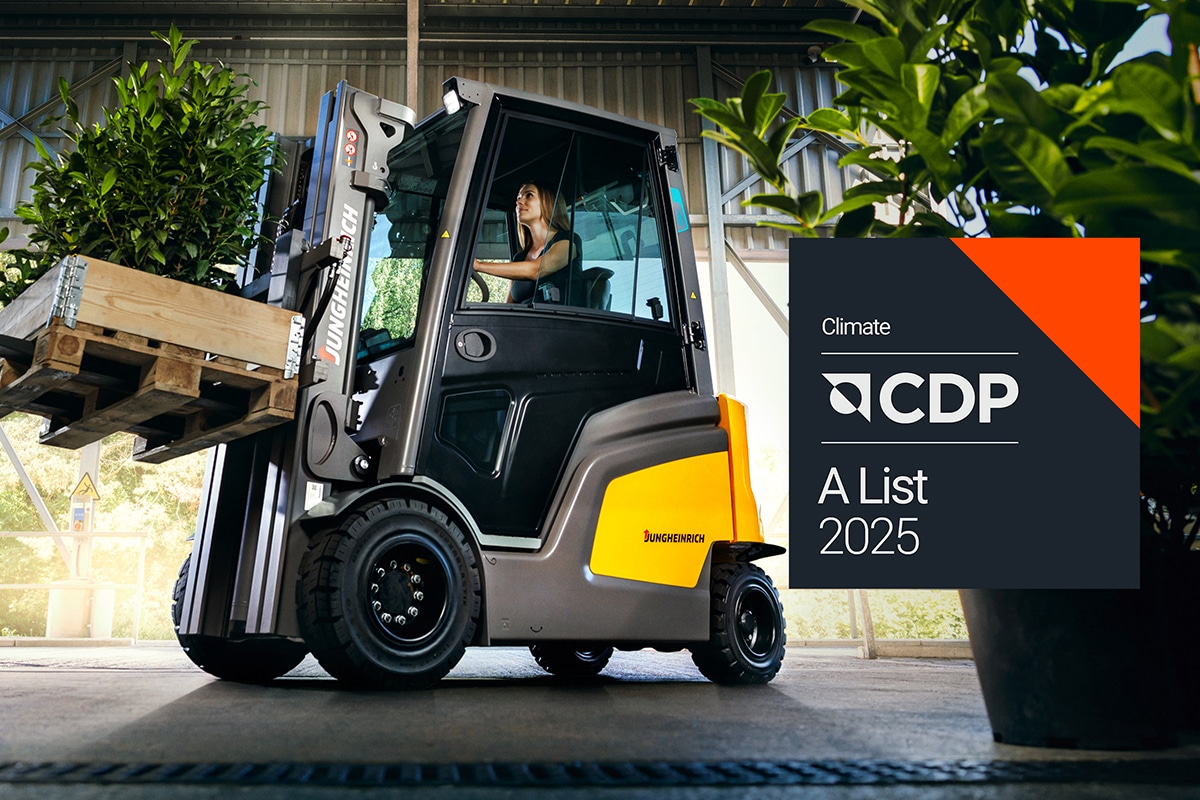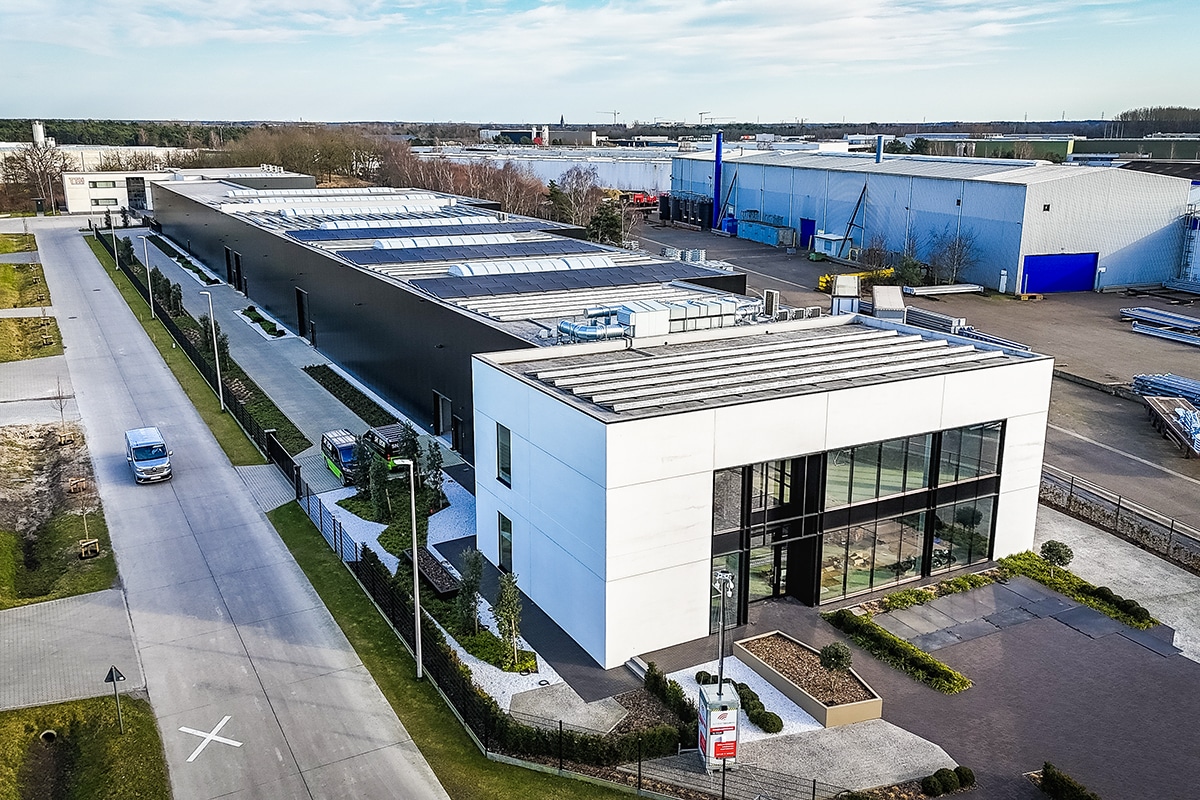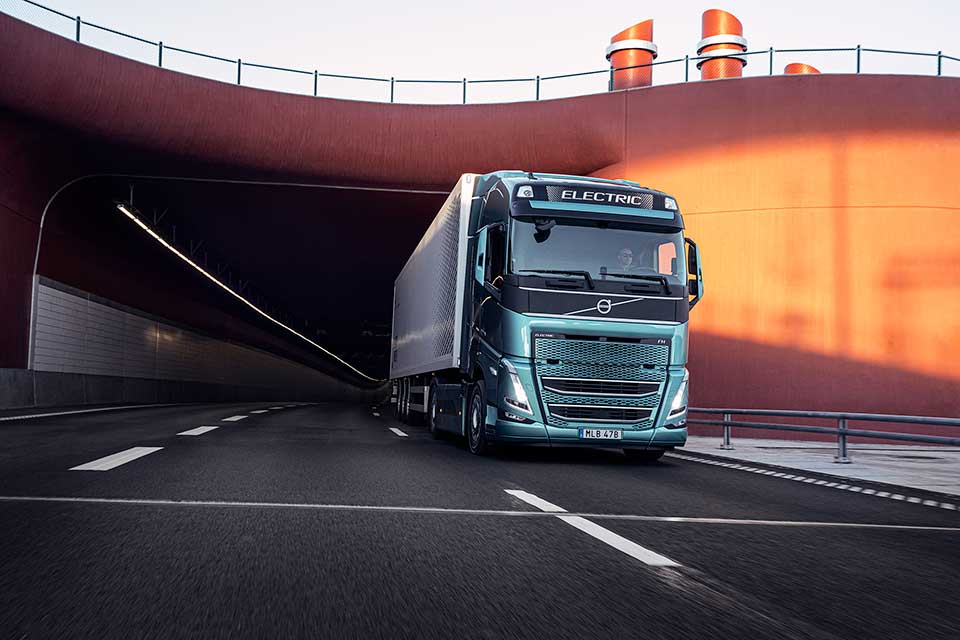
Volvo Trucks starts sales of complete range of heavy electric trucks this year
This positive outlook is based on the fact that Volvo electric trucks can handle a wide range of transportation needs. In the near future, almost half of all transport in the EU, for example, could already be carried out with electric trucks.
Major national and international carriers show much interest for electric vehicles. This is encouraged by the government which inner cities free of diesel trucks, ambitious climate goals of carriers themselves, but also by consumer demand for CO2-free and cleaner transportation.
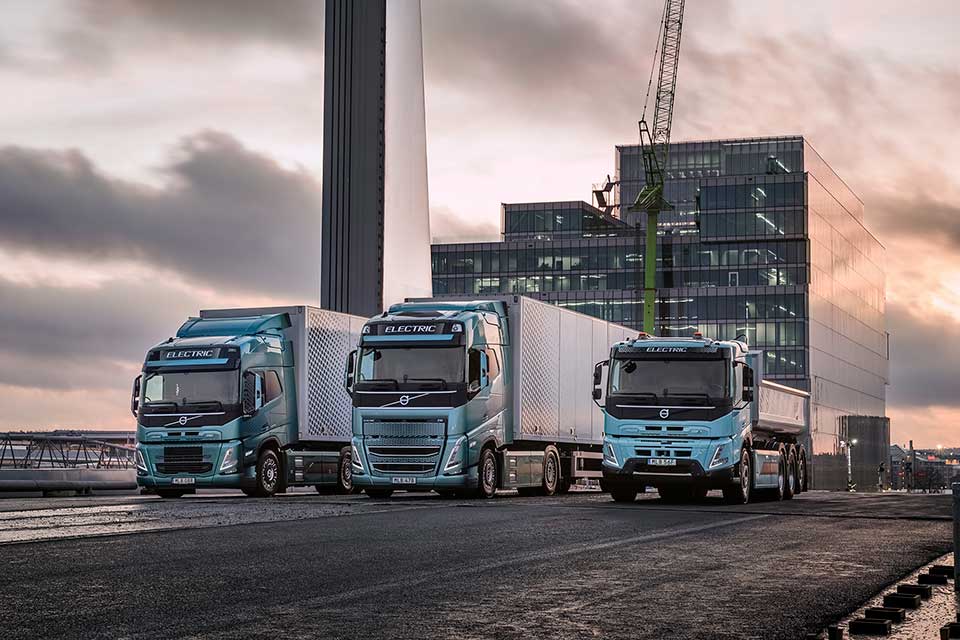
"More and more transportation companies are realizing that they are need to start now with electric vehicles, both from an environmental perspective and because of competition and because more and more of their customers are demanding sustainable transports. With our extensive product range, it is feasible for transport companies to choose electric," said Roger Alm, CEO of Volvo Trucks.
Three new heavy-duty electric trucks
Now that the sale of the electric Volvo FH- EN Volvo FM models started, electric heavy transport is no longer limited to city distribution only, but now also available for inter-city regional transportation. In addition, the new Volvo FMX Electric new opportunities to make construction transport quieter and cleaner.
Production of the new electric trucks for Europe will start next year. They join the Volvo FL Electric EN Volvo FE Electric for urban distribution, which went into series production in 2019. In North America, sales of the Volvo VNR Electric in December 2020.
With the sales launch of the new truck models, Volvo Trucks now has a range with six medium- and heavy-duty electric trucks, making it the most complete offering for commercial and factory-produced electric trucks in the industry.
Covers nearly half of EU transportation needs
The new trucks deliver increased payload, more powerful powertrains and a action radius up to 300 km (at a GCW of 40 tons). For lighter loads, the range can increase. Volvo Trucks' electric product range can thus cover about 45% of all current transports in Europe.* Different planning and sometimes different configuration makes more possible and makes a significant contribution to reducing the climate impact of road transport: according to official statistics, responsible for some 6% of total CO2-emissions in the EU.
"There are huge opportunities for electric truck transportation in Europe and also in other parts of the world in the very near future," says Roger Alm. "To prove this, we have set the ambitious goal of having half of our sales made by electric trucks by 2030. And these three new heavy trucks we are introducing now are a huge step toward achieving this goal."
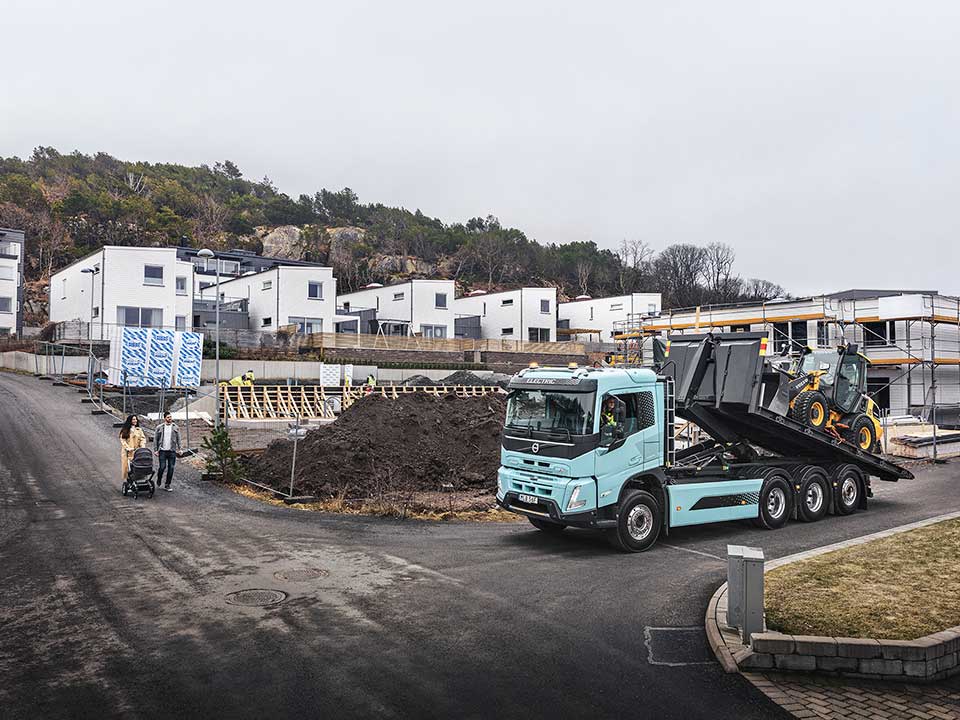
In addition to the electric vehicles, the Volvo Trucks program includes a full range of service, maintenance and financing solutions and other options that make it easier and faster to transition to electric transportation. This comprehensive scheme helps customers stay productive and in control of their new electric fleet.
"Our complete, electric transportation solutions go hand-in-hand with our worldwide network of dealers and workshops play a crucial role in our customers' success," Roger Alm explained.
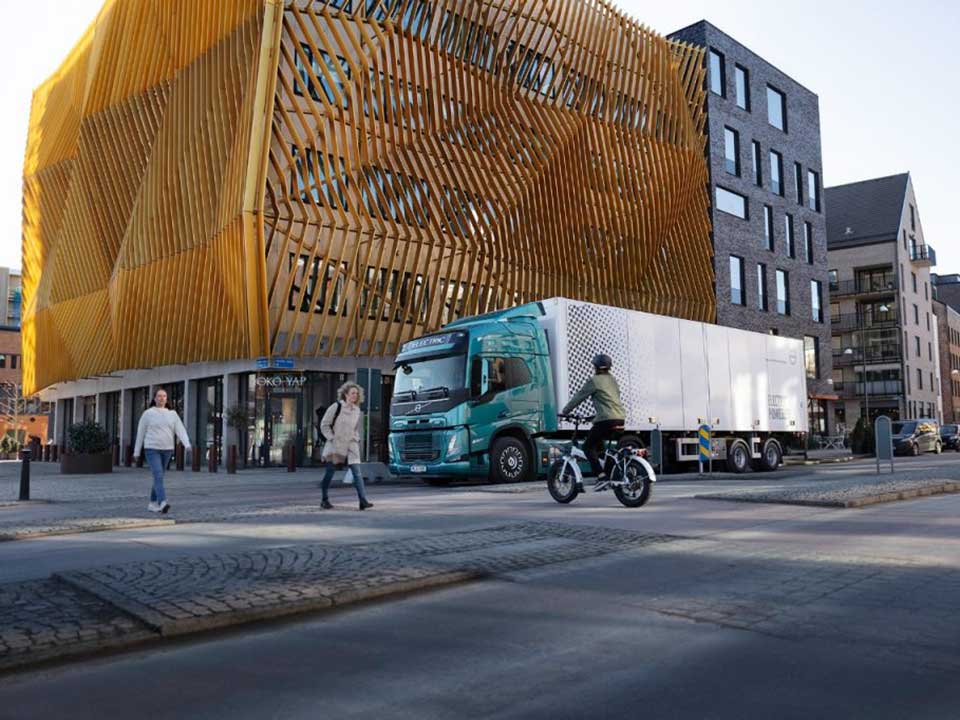
The next step: hydrogen fuel cell electric trucks
Looking further ahead, heavy long-distance transportation can also be carried out by electric vehicles. However, there will then be a need for fast-charging stations at strategic locations. In addition, for the longer distance hydrogen come into play. To meet the challenging requirements for both high payload and much greater range, hydrogen with fuel cell technology can be used to generate electricity.
"This technology is developing rapidly. Our ambition is to make long-distance transportation electric as well. with both batteries and fuel cells", said Roger Alm. "Our goal is to start selling fuel cell electric trucks in the second half of this decade and we are confident we can make this happen."
Volvo Trucks' range of electric vehicles in Europe
Electric Volvo Trucks models:
- Volvo FH Electric, for national transportation.
- Volvo FM Electric, a versatile truck for heavy, local transportation and regional distribution.
- Volvo FMX Electric, for cleaner and quieter construction transports.
- Volvo FE Electric, for regional and urban distribution, and waste collection.
- Volvo FL Electric, for regional and urban distribution.

Technical data
Volvo FH, FM EN FMX Electric:
- Range up to 300 km
- Continuous power 490 kW
- Maximum torque 2400 Nm
- Battery capacity up to 540 kWh
- Maximum train weight (GCW) up to 44 tons (for the Netherlands up to 50 tons)
- Range up to 200 km
- Continuous power 330 kW
- Maximum torque up to 850 Nm
- Battery capacity up to 264 kWh
- Maximum train weight (GCW) 27 tons
- Range up to 300 km
- Continuous power 165 kW
- Maximum torque up to 425 Nm
- Battery capacity up to 396 kWh
- Maximum train weight (GCW) 16.7 tons
*According to Eurostat statistics from 2018 for road freight transport, 45% of all freight transport in Europe covers a distance of less than 300 km per day.


